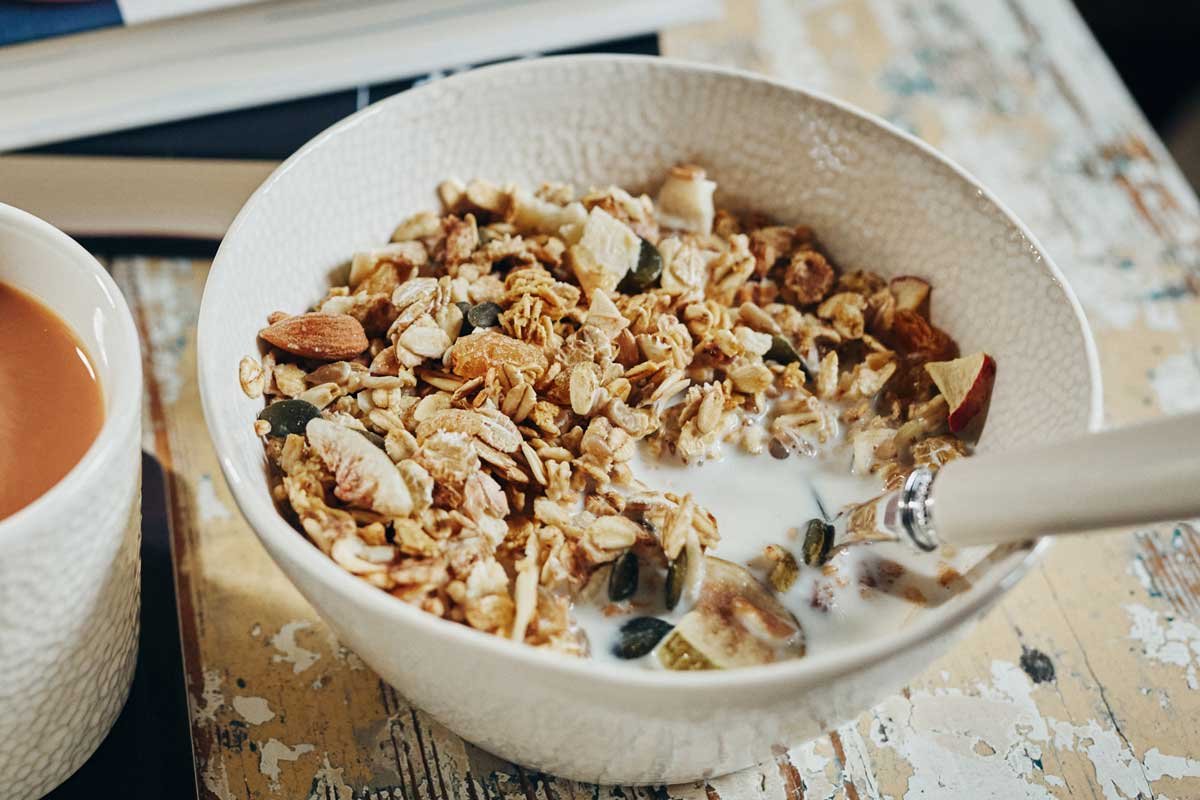The benefits of meditation and mindfulness in everyday life | Lizi’s
If you’re looking for some inspiration to tackle the unknown of each day with more rational, grounded thinking, you’re in the right place! During a time when we never know what we’re going to hear or see when we turn on the TV, being aware of our thoughts, feelings and responses to the world around us can help our mental and physical well-being, and have a positive impact on friendships, work and relationships.
Is it time to make mindfulness and mediation part of your daily routine in 2021? You don’t need to be super spiritual or a yoga bunny to benefit from mindfulness, so forget your inhibitions and give it a try. We’ve outlined why we love it below, and the positive impact it can have on your daily life.
What is mindfulness?
Mindfulness is a technique that involves making a special effort to notice what’s happening in the present moment – how your mind and body feels, as well as your surroundings – without thinking about anything else. Although it has religious roots in Buddhism, you don’t have to be religious, or even particularly spiritual, to try it and potentially benefit from it. It can involve keeping things in perspective, responding appropriately to situations and ultimately being kinder to one’s self.
What is meditation?
Meditation is a practice where techniques are used to focus on a particular object, thought, or activity to train attention and awareness. Its goal is to achieve a clear and emotionally calm, stable state. Dictionaries give the original Latin meaning of “thinking deeply about something” as well as the popular definition of “focusing one’s mind for a period of time”. It’s reported that meditation can increase one’s sense of empathy, compassion and pro-social behavioural traits.
The benefits of mindfulness and meditation
Mindfulness and meditation can help us disconnect from what’s going on around us and connect with ourselves and respond to situations appropriately. Throughout 2020 and looking forward to 2021, being able to maintain perspective and have good control over your personal responses to external pressures or challenges is key. It’s been a tough year; accepting that you can’t control what’s happening around you, but you can control how you react to it, will be key to making you feel a whole lot better as we look forwards to the next twelve months (and beyond).
Here are some of the reasons we love mindfulness and meditation…
Decreased stress and reduced anxiety
By being aware and connected to your surroundings, but also being in control of how you respond to what’s happening around you, you can reduce stress and manage anxiety. Meditations and mindfulness can help you feel more connected and grounded.
Increased happiness and control at work
Sometimes work can be great. Sometimes it can be a challenge. Being able to separate your work life and challenges from your personal life and challenges can help you enjoy work and have a better work/life balance. Mindfulness can help us in splitting our experiences of work away from our personal lives, thanks to its links to heightened awareness. This can, in turn, help you tackle tasks more successfully and increase the satisfaction you get from work and your career. There is also research that suggests organisations that encourage employees to practice meditation and mindfulness experience a reduced staff turnover – a winner for managers and business owners, too.
Improved physical health
Mindfulness can improve physical health in several ways. It has been proved to reduce blood pressure, reduce chronic pain, improve sleep and alleviate the pain or discomfort of illnesses such as IBS, heartburn and bloating. Improved physical health can have a positive impact on mental wellbeing and it can be important to recognise the relationship between the two. Therefore, if meditation and wellbeing can improve both, and in turn they improve one another, too, we think that’s a positive cycle to get into!
Improves gratitude
Gratitude is consistently associated with a greater sense of happiness and well-being. Being aware of the good things in our life and expressing gratitude for them has been shown to increase optimism, improve immune function and lower blood pressure. Gratitude meditation is simply the practice of reflecting on and concentrating on the things in life we’re grateful for. Gratitude meditation is great, as you can do it as part of your daily morning routine or work it into any aspect of your day when you’re feeling grateful; when you get to work, when you drop your children off at school, whilst you’re food shopping at the supermarket. This type of meditation can help us get out of ‘ruts’ if we’re ever feeling trapped and like a lot of the meditation and mindfulness experiences, it helps us put things into perspective and tackle challenges with a more positive mindset.
How mindfulness and meditation can support your mindset every day
Mindfulness and meditation may not seem like your thing. Afterall, you might not feel like you have 10 to 15 minutes a day to spend seemingly doing very little, particularly when modern life can seem so busy. But reflecting on the benefits of meditation and how it could fuel your mindset for the day can really justify taking the time out to factor it into your day. It could help you maintain your motivation for going to the gym or out for a walk, or set you up for a challenging or important day at work.
Just 10 minutes can set you up with the right mindset ahead of the day or help you relax and reset before you go to bed. There’s no right or wrong way or time of day to do it, which means you can factor it in to your routine and how it fits you best. Perfect!


